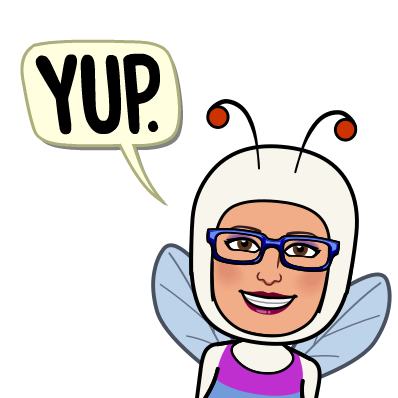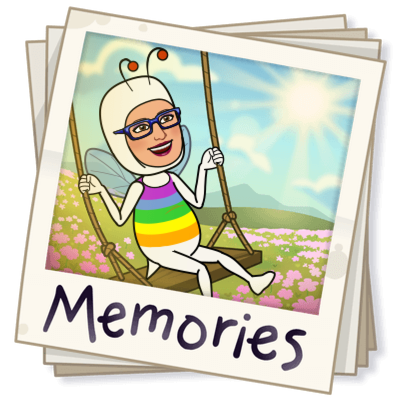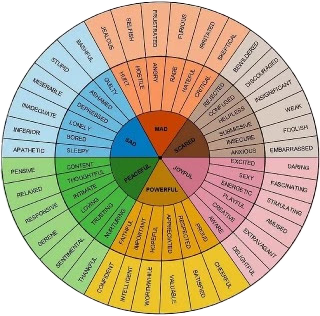
What is More Powerful Actions or Words? Do We First Learn from Actions or Words?
Babies learn first by responding to their environment and their primal actions are to survive through their senses. Over a year their cognitive development increases, as does their ability to understand and use language. A fascinating complex progression unfolds as the power of language and words takes hold and momentum.
As we progress through the years and hit school, educators have differentiated instruction based on modalities of learning https://teach.com/what/teachers-know/learning-styles/ (by the way and there are other models that highlight more modalities). Now interesting, there is research out there to state that teaching to modalities does not necessarily bring success. This is one article of many on the topic: https://www.psychologytoday.com/ca/blog/mouse-man/201504/what-are-learning-styles. Layer all this with models and corresponding strategies on effective techniques for teaching language. Plus, each educational system subscribes to different philosophical foundations and mission/vision statements. Does all this sound confusing a bit overwhelming? Yes, it can be for teachers as who are constantly following direction, applying their own creative spins and collaboratively cooperating with colleagues.
Bottom line? Words and actions are both powerful. Light waves travel faster than sound so we see things before we hear them, however, we usually seem to remember words more. I’d argue that often behaviour is embedded in our subconscious and not specifically remembered, and affects us in seemly invisible ways. Action is often the powerful ghost. It is the reinforcement to words and creates trust. Contrary, words seem more obvious given that today much of our communication is done via technology. Our society pivots on marketing and ‘selling’ ideas using the written and spoken word through social media platforms. Words carry even more power than ever before and last forever on the Internet once released. Adding to this, presently we have less interactions with people outside of our immediate BUT our interactions with those within our nuclear families have intensely increased (AND more than ever our actions and words are being observed and absorbed by our kids).
How can we move forward with compassion and understanding to each other honoring the power of both words and action? Take a look at The Five Love Languages by Gary Chapman https://www.5lovelanguages.com/.
Dazzle’s Challenge: At dinner time, follow Gary Chapman’s suggestions for a discussion on how parents love their children: https://www.5lovelanguages.com/child-quiz-5-8/ or with older children do the quiz https://www.5lovelanguages.com/child-quiz-9-12/. At another time you might want to share with them how you as parents and humans like to be treated (words, acts, gifts, time and physical touch). Try and follow through on responding to your family members empathetically.
Quick Take Away Links:
Language
The on going debate: Actions verses Words
https://www.psychologytoday.com/ca/blog/the-main-ingredient/201502/words-vs-actions
Trust
https://exploringyourmind.com/create-trust-actions-mirror-words/
Child Language Development
https://www.scholastic.com/teachers/articles/teaching-content/infants-toddlers-power-language/
https://www.scholastic.com/parents/books-and-reading/language-and-speech/power-language.html
https://www.gracepointwellness.org/461-child-development-parenting-infants-0-2/article/10112-infancy-cognitive-development






